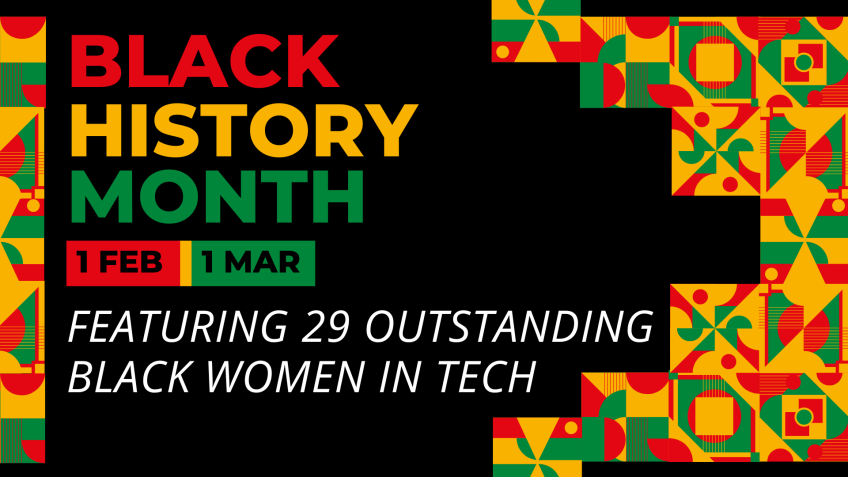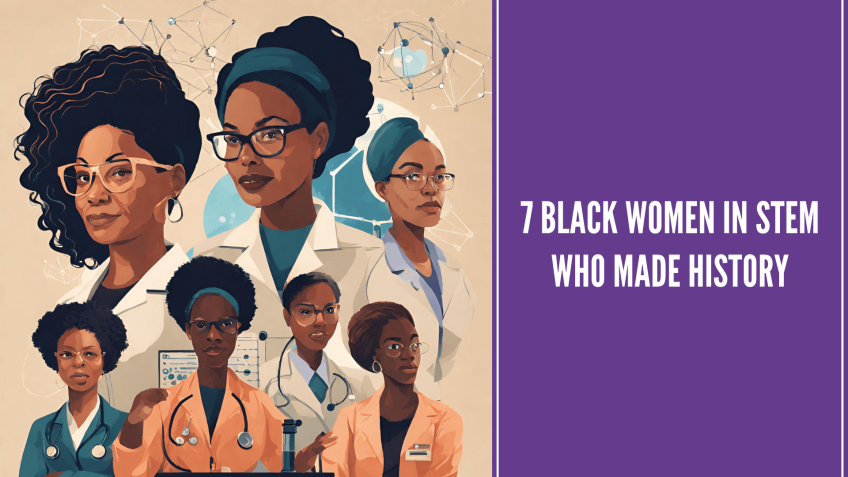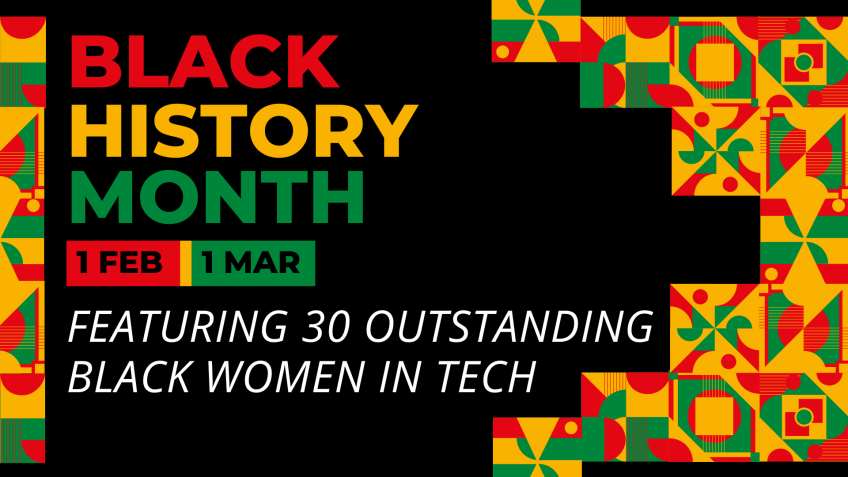
In the journey to address racial injustice within corporate America, the path is neither straightforward nor easy. It's a landscape filled with subtle divides and unspoken truths, where black and white employees often navigate very different experiences. These differences extend beyond just personal interactions and infiltrate the very core of corporate culture and policy.
Struggle #1: Recognizing the Spectrum of Racism
The Hidden Faces of Racism: Racism in the workplace often lurks beneath the surface. It's not just about overt acts but also unnoticed ones - like disregarding a black employee's input in a meeting or the unequal distribution of opportunities. Recognizing this spectrum is the first step toward change.
Possible Solutions:
-
Comprehensive Anti-Racism Training: Implementing thorough and ongoing anti-racism training programs can educate employees about the various forms of racism, including subtle and unconscious biases.
-
Establishment of an Inclusivity Committee: Forming an inclusivity committee comprising a diverse group of employees can help monitor and address issues related to racial bias and discrimination. It can review company policies, ensure fair distribution of opportunities, and provide a safe space for employees to voice concerns and experiences related to racism.
Struggle #2: Beyond Personal Offense – Systemic Involvement
Silence is Complicity: Not being overtly offensive doesn't absolve one from perpetuating racial injustice. The real danger often lies with those who, despite not being blatantly racist, choose to remain silent or indifferent.
Possible Solutions:
-
Promotion of Allyship and Advocacy: Encourage employees to become active allies and advocates for their Black colleagues. This involves speaking up against injustice, supporting initiatives that promote racial equality, and not just avoiding personal offense but actively participating in dismantling systemic barriers within the organization.
-
Institutional Policy Review and Reform: Conduct a thorough review of company policies and practices to identify and eliminate systemic biases: hiring practices, promotion criteria, and equitable employee evaluation processes.
Struggle #3: The Misconception of Workplace Friendships
Beyond Professional Courtesies: In many corporate environments, racially diverse teams don't necessarily translate into genuine cross-racial friendships. This lack of deeper social integration can perpetuate misunderstandings and biases.
Possible Solutions:
-
Foster Genuine Connections: Encourage social events and team-building activities that promote real interactions beyond work tasks.
-
Cultural Competence Training: Offer training that enhances understanding and appreciation of different cultures within the workplace.
Struggle #4: Distinguishing Between Different Types of Discrimination
Unique Challenges: Equating racial discrimination with other forms of discrimination, such as gender bias, oversimplifies and undermines the unique challenges each type presents.
Possible Solutions:
-
Specialized Diversity Programs: Create specific programs addressing the unique aspects of racial discrimination, distinct from other diversity initiatives.
-
Tailored Support Systems: Develop support systems that cater specifically to the needs of racially marginalized groups within the organization.
Struggle #5: The Illusion of Token Representation
Beyond Tokenism: Merely adding a few black faces to leadership positions is insufficient. This approach can lead to a superficial sense of diversity without addressing the underlying systemic issues.
Possible Solutions:
-
Empower Real Change Agents: Ensure that individuals in leadership positions have the authority and resources to effect real change.
-
Diverse Leadership Development: Create pathways for diverse talents to grow into leadership roles, supported by mentorship and career development programs.
Phrases to avoid:
"I have Black friends." Using friendships with Black people as evidence of not being racist fails to address personal biases or systemic issues. It reduces these friendships to a tool for defending one's character, rather than valuing the relationships for their own sake.
"You're so articulate." While intended as a compliment, this can imply surprise or unspoken expectations about a Black person's ability to communicate effectively, reinforcing a stereotype that Black individuals are generally less articulate.
"You're not like other Black people." This kind of comment suggests that the person is an exception to a rule, often rooted in negative stereotypes about Black people. It separates them from their community in a way that's intended to be complimentary but is alienating and offensive.
"It must be so cool to be a minority scholarship recipient." This assumes that a Black person's achievements are solely due to their race, rather than their hard work and talent. It can diminish their accomplishments and reinforce the idea that they are only where they are because of affirmative action-type policies.
"All lives matter." While technically true, this phrase is often used to dismiss or diminish the specific challenges and injustices faced by Black people. It overlooks the context and purpose of the Black Lives Matter movement, which aims to highlight and address these specific issues.
"I don't see color; I treat everyone the same." This statement overlooks the unique challenges they face due to their race and implies that their racial identity shouldn't be acknowledged.
Crafting a New Narrative
To truly tackle the issue of racism in the workplace, it's essential to go beyond surface-level solutions. This means engaging in difficult conversations, acknowledging the complexities of racial dynamics, and committing to long-term, systemic change. It's about creating a corporate culture where everyone, regardless of their race, can feel valued and empowered to be their authentic selves.
The goal is not just to create workplaces that are diverse in appearance but ones that are truly inclusive in practice. This means every employee, regardless of race, feels heard, respected, and has equal opportunities to succeed. Such an environment not only fosters a more equitable workplace but also drives innovation and growth, reflecting the rich tapestry of the society in which we live.
In conclusion, addressing racial injustice in the corporate world is not just a moral imperative; it's a strategic necessity. It's about building organizations where diversity is celebrated, inclusivity is the norm, and equity is the foundation. The path ahead is challenging, but the rewards – a more just, innovative, and dynamic corporate world – are undoubtedly worth it.
Join our weekly poll dedicated to the top phrases your Black colleagues struggle with.






